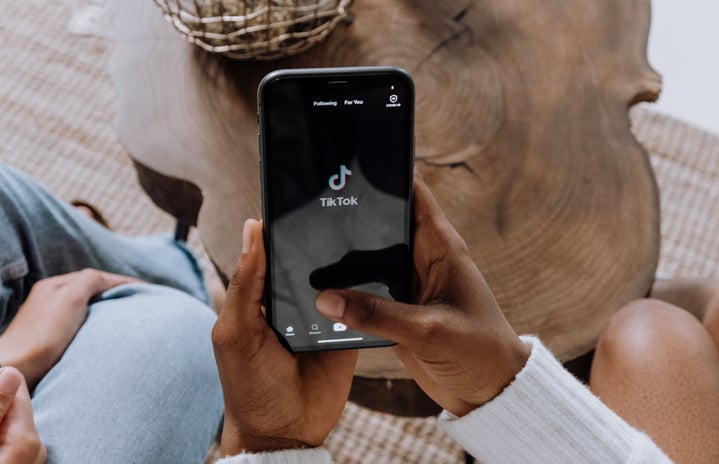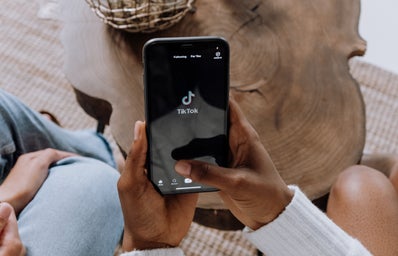TikTok, the massively popular video app among teens (and even adults), is taking the world by storm and taking charge of people’s daily lives. Users from a wide array of backgrounds share 60-second videos of themselves dancing, exercising, crafting and providing advice.
Users make outrageous––and let’s be real––sometimes dangerous videos to get more likes and followers. Hashtag challenges are an easy way to gain likes, but some are worrisome. Remember the milk carton challenge that got banned from TikTok? Little challenges like that cause more harm than good, but have we ever tried to call out the platform? Some experts report that it can be easy to come across triggering content on the app which can promote issues like self-harm or eating disorders.
Many influencers and “fitspiration” idols have taken over the platform, flooding the “For You Page” with hypocritical and controversial videos (as if Instagram wasn’t enough). The average TikTok user spends 52 minutes per day on the platform engaging, sharing and creating videos for their followers. In those 52 minutes, how many times have our youth come across videos with misinformation? Perhaps a “how-to” video on a morning routine to lose that stubborn belly fat? Or maybe even how to make low-calorie pasta?
While these videos may only be 60 seconds in length, it can have lasting effects on one’s self-perception. Social media platforms like TikTok put an interesting lens on the creation of the self, and how this construction can affect our well-being is unbelievable. The constant daily evaluation of one’s self in opposition with our idols is negatively affecting young adults and teens. The ease of comparison to these unrealistic “ideals” lead to dissatisfaction with our appearance. And what do we do about it? We learn ridiculous dances and choreographed workout sequences to model our idols for an ounce of gratification from our followers. Or even better yet – the hopes of being featured on the “For You Page”.
The heightened leisure time found during quarantine has promoted the extended usage of TikTok. I think it’s important to take a step back and ask yourself questions about the content you’re viewing. It isn’t just university students on the app, young children are on there, too. The harmful effects of unfiltered content can be detrimental, and educating individuals on how to create informed decisions can aid them and the way in which they view themselves.


